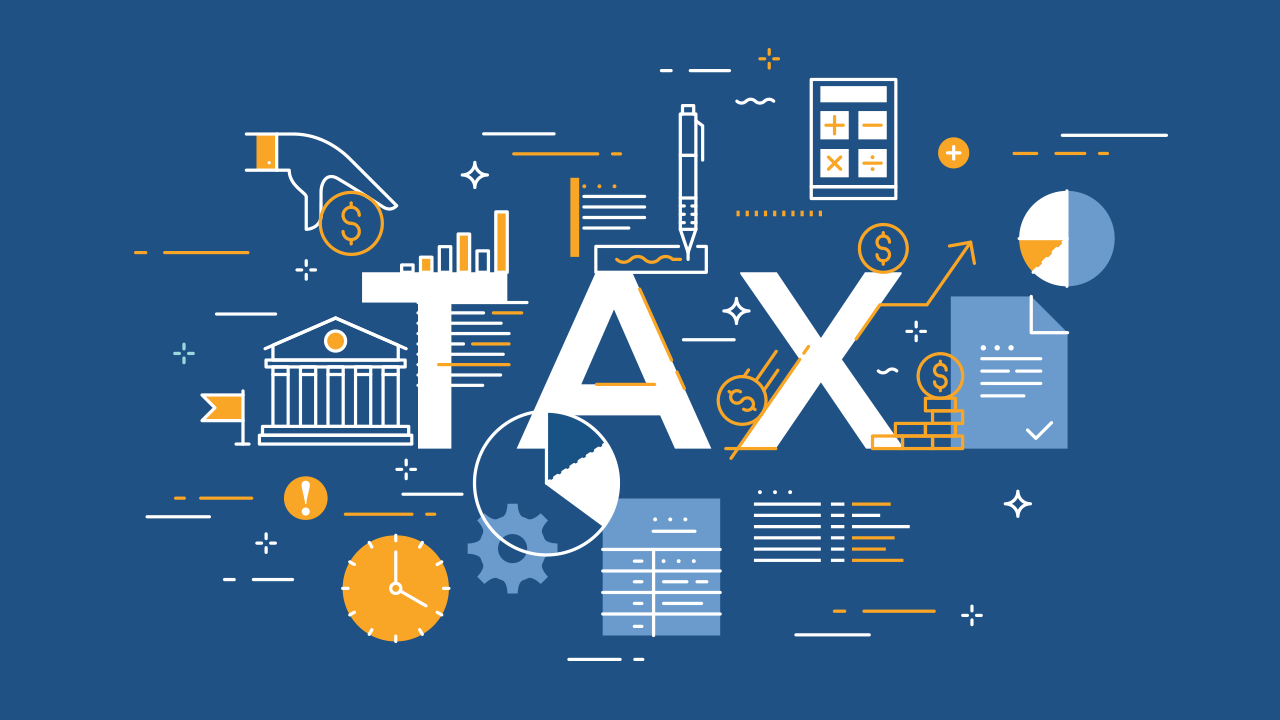Cryptocurrencies such as Bitcoin and Ethereum are no longer off-limits when it comes to the applicability of taxes. The IRS deems cryptocurrency as property, rather than currency which means crypto transactions are subject to capital gains taxes.
The U.S Senate committee has recently stated that a ban on Bitcoin and other cryptocurrencies would be incredibly challenging and unlikely to happen. So, the prime focus of the IRS is now targeting individuals who may have dodged their crypto taxes. Last month, the IRS announced in a Press Release that they will be sending out letters to some 10000 crypto traders. This is a soft-warning, simply letting crypto traders know that the IRS is watching. Such action by the IRS is likely to continue in the war on crypto tax evasion.
In this article, we will go over how crypto transactions are taxed and how to file your tax reports correctly.
The Nitty Gritty – What Tax Reports Should I Be Collecting?
Contrary to the tangible currency model, cryptocurrency follows a decentralized model, making it far more challenging to track transactions – although it is becoming easier to do so. Furthermore, blockchains like ZCash and Monero are built to be anonymous which makes them even tougher to track down. That said, if you are trading on an exchange, it is very easy for the IRS to get their hands on your transaction history.
Although keeping track of every single transaction can be a huge headache for the trader, It is an absolute requirement to file your capital gains correctly. Capital gains are declared on IRS Form 8949. You also need to file the Schedule D – which is a summary of the 8949.
Short-term capital gains are applicable if you have sold your cryptocurrency within one year. If you have held cryptocurrency for more than a year, however, long-term capital gains are applicable.
You may also need to report your crypto holdings on a FATCA form. FATCA (the Foreign Account Tax Compliance Act) is the federal law (enacted in 2010) created to force foreign financial entities to report information about offshore bank accounts owned by U.S. residents. There is also another form called FBAR that is similar to FATCA, however, the IRS has recently stated that you only need to report these forms if you held fiat currency on the crypto account above certain thresholds. Refer to this crypto tax guide for more info on the exact requirements.
The Rulebook – Filing Criteria and Requirements
What About Buying Cryptocurrency?
Individuals can purchase cryptocurrencies with fiat currency and not worry about tax. You are liable to pay tax, however, when it comes to selling cryptocurrency for fiat currency. The same rules apply to the trade of one cryptocurrency with another.
Goods and Services
The use of cryptocurrencies such as BTC (Bitcoin) or ETH (Ethereum) to pay utility bills, a cup of coffee or a meal at a restaurant will be subject to taxation, as they are considered a sale of capital assets and thus will incur capital gains tax.
Income Tax and Cryptocurrency
If you receive crypto in return for a favor or as compensation for some service then it falls under your income and is taxable.
Moreover, your mining income qualifies as additional income on your tax return. That said, the nature of your mining could be solely for business purposes or recreation. The usage and mining rig, for example, is categorically business mining. Your mining simply counts as a hobby if you are just evaluating the blockchain hardware.
Following new guidelines, the income generated from staking is taxable. However, the same mining regulations are applicable whether you have gained the income recreationally or as a form of profit.
Apart from liquidation collateral, which is a capital tax gain, you should view your cryptocurrency as you would traditional lending and without incurring tax.
Participation in ICOs
Whether you are purchasing a utility token or security token at an initial coin offering, participation is a taxable event. The finalization of capital gains, though, is realized when you gain full access or control of the invested tokens.
File, File, File It!
The method for filing your cryptocurrency tax report is similar to filing a traditional tax return. You begin the process by downloading your complete list of transactions over the prior years. Thereafter, you can compare transfers to discard extraneous capital gains.
You need to assign correct market rates since trades are ‘sells.’ And now, you can calculate your capital gains through your chosen accounting method, such as FIFO (first-in, first-out) or LIFO (last-in, first-out).
You can finally submit your calculated gains by filing Form 8949 and Schedule D. Similarly, you need to declare any further additional income that you may have accidentally left out. The point is to report your holdings as instructed by FBAR and FATCA.
The Deadline Is There For a Reason – Don’t Ignore It!
Your cryptocurrency tax reports must be filed before the 15th of April annually. If needed, you can apply for an extension via Form 4868 to fill in any supplementary data.
A Little Nugget of Wisdom
Rather than trying to do everything yourself, it is advisable to seek the counsel of a crypto tax professional who can better get you through the cryptocurrency tax maze. As the prospect of filing crypto taxes when you have lots of trades across multiple exchanges can be a daunting one you may want to use a crypto tax calculator such as Koinly to speed up the process.
The IRS campaign to tax all forms of virtual currency has only just begun. So, you should educate yourself, review, report, and gather all expense-related tax data to avoid being slapped with any serious penalties.
*Opinions expressed by Appstory contributors are their own.






 United States
United States United Kingdom
United Kingdom India
India Canada
Canada Singapore
Singapore



































